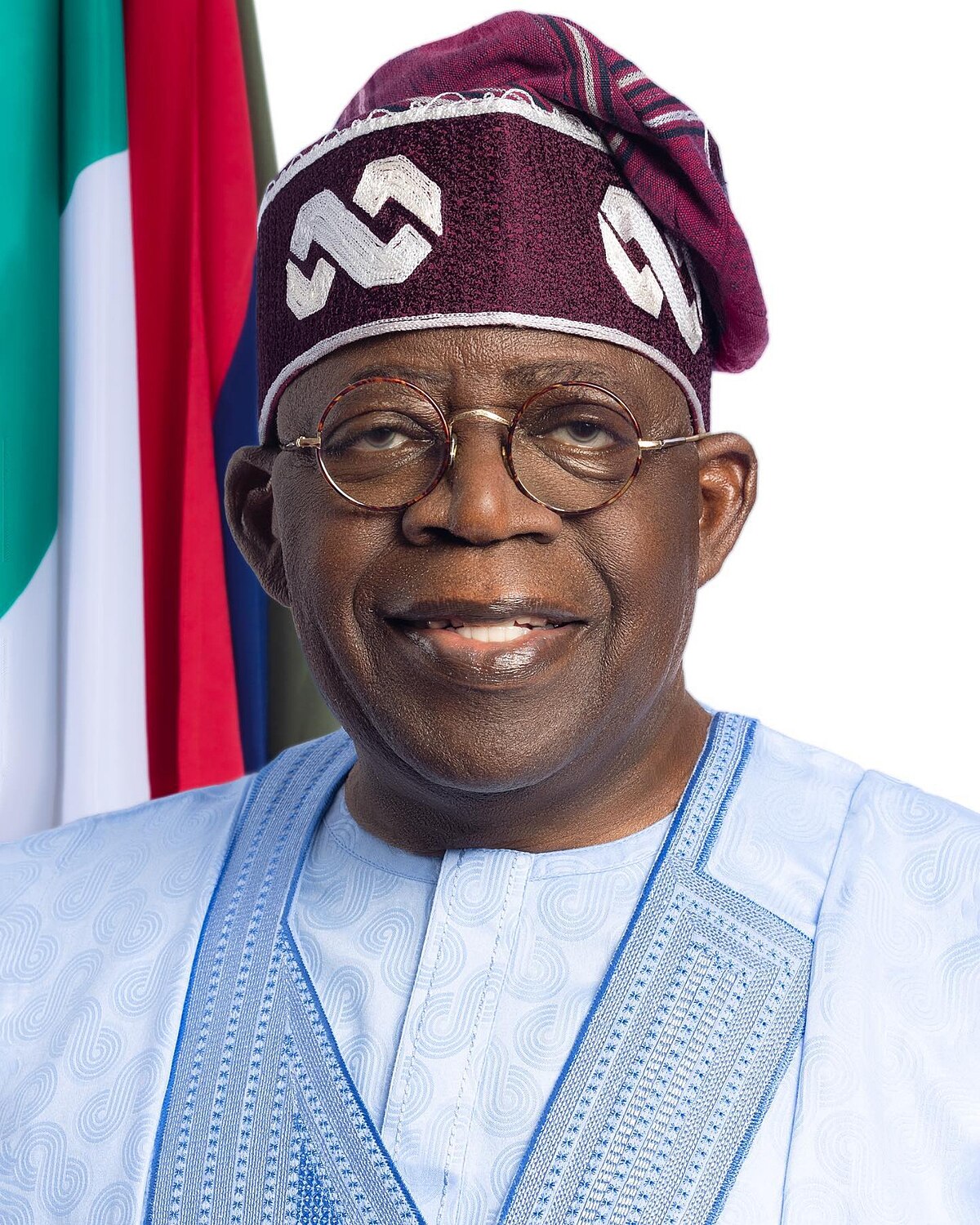 |
| President Bola Ahmed Tinubu's focus on the repatriation of dividends and profits brings hope to Nigeria's stock market. |
The Decline in Foreign Investors' Participation: Challenges Faced by Nigeria's Stock Market
The new president of Nigeria, Bola Ahmed Tinubu, has grabbed the attention of overseas investors with his inaugural speech, addressing crucial issues plaguing the country's economy. One major concern for foreign investors has been the severe lack of foreign exchange, hindering their ability to invest and repatriate funds. Tinubu has assured investors that their complaints about multiple taxation and anti-investment barriers will be reviewed, emphasizing the government's commitment to facilitating the repatriation of dividends and profits.
Suspension of Central Bank Governor: A Step Towards Predictable Monetary Policies
Shortly after, Tinubu made headlines by suspending the central bank governor, Godwin Emefiele, who had faced criticism for high-interest rates and the existence of multiple exchange rate systems. This move, coupled with Tinubu's comments, has generated enthusiasm among non-domestic investors who have been fleeing Nigeria due to difficulties in retrieving their investments. Despite abundant investment opportunities, the inability to repatriate funds has kept international investors at bay.
The Nigerian stock market has witnessed a decline in foreign investors' participation over the years. In 2014, foreign investors dominated trading, accounting for 57% of all transactions. However, by the end of 2021, their share had dropped to 22%, and it further plummeted to 16% by the end of 2022. The latest statistics indicate that foreigners only contributed 4% to Nigerian equity trading as of April, raising concerns among international fund managers.
 |
| Nigeria's Stock Market Statistics: Falling Share of Foreign Investors. |
Foreign Exchange Restrictions: Impacts on Repatriation for International Investors
 |
| New Nigeria Naira Notes. |
Investor Confidence Restoration: Repatriation Focus Brings Hope to Nigeria's Stock Market
The suspension of Governor Emefiele has been welcomed by investors, signaling a shift towards focused and predictable monetary policies. It represents a positive step by President Tinubu towards implementing necessary reforms early in his term. Analysts and portfolio managers believe that this change will lead to a return to normalcy and restore confidence in Nigeria's banking sector and the wider economy.
Overall, Tinubu's message regarding the repatriation of dividends and profits, coupled with the removal of the central bank governor, has raised spirits in Nigeria's stock market. Foreign investors are hopeful that these actions will pave the way for a more conducive investment environment and facilitate the retrieval of their investments.
By
Gbola Moh'd Isama


No comments:
Post a Comment